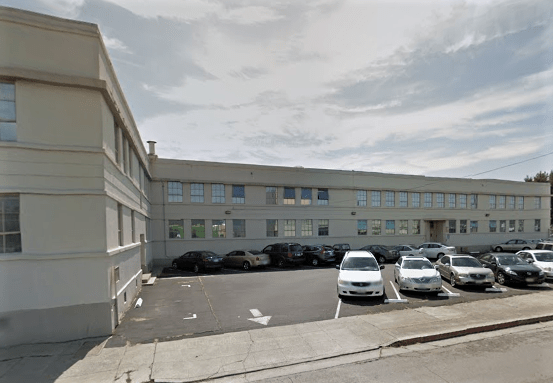West Contra Costa Unified School District will temporarily hand over budget planning responsibilities to the county, after the district – which is approaching insolvency – failed to approve crucial financial plans by the state’s deadline.
The move comes after the school board last week rejected the district’s Local Control Accountability Plan – an outline that details how the district will allocate its budget to meet goals and serve students, particularly high-needs students. Without passage of such a plan, the district cannot vote on its proposed budget. And districts that don’t pass a 2024-25 budget by July 1 risked losing control over funding decisions.
The district will continue to maintain control of its day-to-day operations, as well as pay employees and maintain expenses without interruptions, the district’s associate superintendent of business services, Kim Moses, said in a statement.
“We are disappointed in the board’s decision, but we are confident that the county will review our situation through a student-focused lens and make the necessary decisions to support our students,” Moses said.
The Contra Costa County Office of Education said it was unprecedented for a district to require the county’s intervention. The office said such “take overs” usually occur when a district runs out of money and needs a state loan.
While the district works to approve the accountability plan, the county office said it will provide an interim operational budget that allows the the district to remain fully operational and employees will continue to be paid.
“At this point, it is the role of the Contra Costa County Office of Education to support WCCUSD staff to address the board’s concerns and implement a budget as soon as possible,” said Marcus Walton, communications director for the county’s office of education.
The district said it will operate under last year’s budget in the meantime, but added that if the accountability plan and budget are not adopted by Aug. 15, the county office of education may impose a budget for the district’s use.
And until the plan and budget are approved, the district will not be able to spend grant funding allocated based on the number of high-need students in the district – including low-income, English language learners or foster youth.
A May report by the state Fiscal Crisis and Management Assistance Team found West Contra Costa Unified at a high risk for fiscal insolvency, due to declining enrollment and deficit spending. The report found the district projected deficit spending of $6 million for the 2023-24 school year and $6.8 million for 2024-25.
Mike Fine, CEO of the Fiscal Crisis and Management Assistance Team, pointed out that the district is improving and lowered its risk for insolvency from over 37% in 2021 to 27% for 2024.
“While there is no excuse not to have approved a timely LCAP, the failure to approve the budget does not move them closer to insolvency or even justify a higher level or oversight or scrutiny,” he said.
The district’s board president, Jamela Smith-Folds was the only trustee to vote to approve on the plan. Two trustees – Leslie Reckler and Mister Phillips – voted no. Reckler said she would not vote on the $64.8 million accountability plan, citing a lack of transparency.
“For the past (three years), I find myself making the same comments about the LCAP,” Reckler said at the meeting. “The presentations…do not succinctly show how the programs in the LCAP performed, how money was spent and how the community’s feedback was incorporated into the plan.”
Trustee Otheree Christian abstained from the vote last week. He did not respond to the Bay Area News Group’s request for comment, but echoed the call for transparency at last week’s board meeting. Board member Demetrio Gonzalez was absent from the meeting due to personal reasons, but said if he had been able to attend he would have voted yes for the plan and the budget.
“Since the decision by the board, a lot has changed and happened between our staff and county staff,” Gonzalez said in an emailed statement Monday. “We are getting daily information, as this has never happened in California before, according to legal counsel.”
In recent years, a handful of California school districts have approached insolvency and the need for county or state takeover, including Sacramento City Unified School District in 2019, Stockton Unified School District in 2023 and as of March, Alum Rock Union School District.
Smith-Folds, the board president, said while it’s too early to discuss next steps or future implications, she is working with district leadership to gather information and “put out fires” that have resulted from the board’s inaction.


